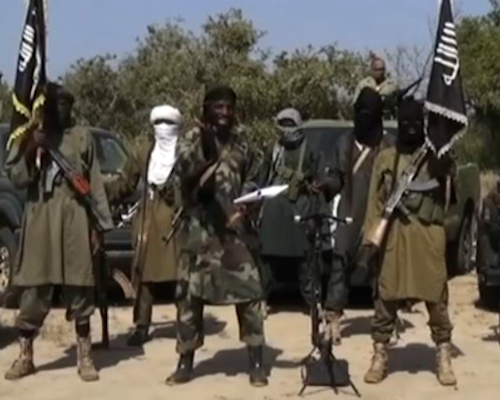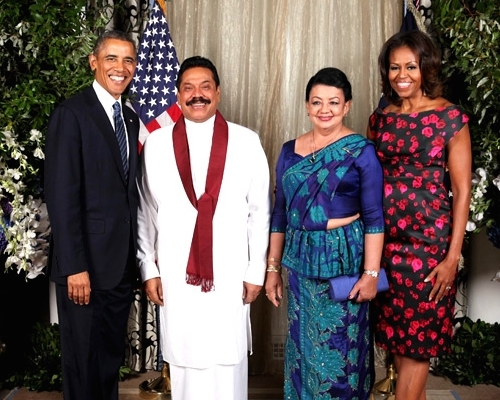This article was originally published in The Globalist.
In recent weeks, New York City Mayor Bill de Blasio has seen hundreds of police officers turn their backs on him at two funerals for two fallen comrades.
The city’s police force – which is the nation’s largest by a factor of three and is typically known by the shorthand “NYPD” – has also dramatically scaled back their arrest rate and policing activities on the instructions of their union. They have even demanded his resignation.
Even before tensions reached a fever pitch with the deaths of the officers and the recent protests over police brutality and racism, relations had been strained between the NYPD and the mayor.
In November 2013, de Blasio, who is white himself but has two biracial children, was elected mayor on a platform to end the controversial “stop-and-frisk” policing tactic that has disproportionately targeted racial minorities in the city.
The policy has also been deemed an unconstitutional search-and-seizure by a federal judge. De Blasio’s opposition to the policy vaulted him first to the Democratic Party nomination in a big field, and then to a landslide 72% victory in the general election.
In most major democratically governed cities (or countries) around the world, that would be a clear mandate for implementing reforms to the police. Confoundingly, that is not so in a U.S. city – and certainly not in New York City.
There, instead, the police form an intractable deep state that vigorously resists and publicly denounces any effort by its elected superiors to assert democratic control.
Bloomberg’s Army
In November 2011, while still mayor of New York, Mike Bloomberg delivered the now-notorious line: “I have my own army in the NYPD, which is the seventh biggest army in the world.”
This speech occurred shortly after the NYPD’s heavy-handed breakup of the Occupy Wall Street protest in Zuccotti Park, and it struck a nerve for many Americans concerned with the militarization of U.S. law enforcement.
Indeed, the most alarming part was not so much Bloomberg’s braggadocio and arrogance, but rather that the comparison seemed more accurate than he himself likely intended. His other remarks made clear he fancied himself chief of a sovereign state-within-a-state – New York City within the United States.
The real state-within-a-state
The recent “mutiny” by the NYPD against Mayor de Blasio – from public displays of disrespect to unilateral work slowdowns – has underscored, however, that the real state-within-a-state is New York City’s police force itself.
Under Bloomberg and his very pro-cop predecessor Rudy Giuliani, the NYPD served administrations that did not challenge its authority or refuse requests to extend its authority and mandate. Thus, the elected leadership never faced opposition from that “seventh biggest army.”
Bill de Blasio, on the other hand, is finding that – like the security forces of a third-world country – one dares not cross the Big Apple’s big army. In that respect, he is learning a lesson the city’s first African-American Mayor, David Dinkins, learned the hard way in September 1992.
Back then, 4,000 off-duty officers stormed barricades around City Hall, while their uniformed comrades watched gleefully, during a police riot against Mayor Dinkins’ proposal for an “independent civilian agency” to monitor police misconduct.
Ironically, Dinkins had actually dramatically expanded the city’s police force.
Read more








